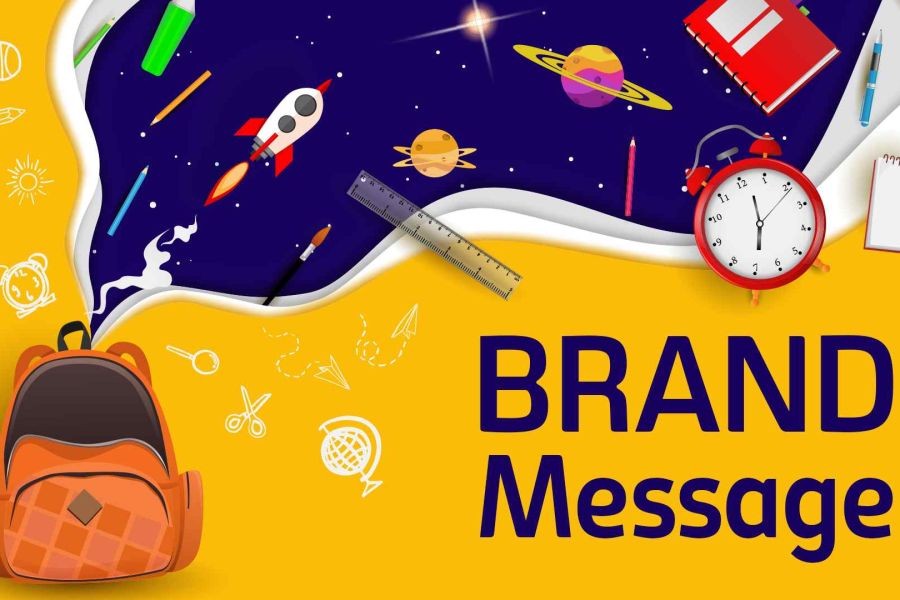In the rapidly evolving landscape of digital marketing, New Zealand stands on the cusp of transformative changes that promise to reshape how businesses connect with their audiences. This evolution is driven not only by global technological advancements but also by unique local factors such as New Zealand's economic policies and industry trends. With Kiwi consumers increasingly turning to digital platforms, understanding the future trajectory of digital marketing is crucial for businesses aiming to thrive in this dynamic environment.
Understanding the Digital Marketing Landscape in New Zealand
New Zealand's digital marketing sector is characterized by a unique blend of challenges and opportunities. According to a report by Stats NZ, the country saw a 15% increase in digital advertising expenditure in 2022, reflecting a significant shift from traditional to digital media. This trend is fueled by an increasingly digital-savvy population, with 94% of Kiwis aged 18-64 using the internet regularly (MBIE, 2023).
One of the key drivers of this digital shift is the growing reliance on mobile devices. With over 80% of New Zealanders owning a smartphone, businesses are investing heavily in mobile-friendly marketing strategies. Moreover, the government's support for digital infrastructure development, such as the Ultra-Fast Broadband initiative, further accelerates the adoption of digital marketing technologies.
Case Study: Tourism New Zealand's Digital Transformation
Problem: Tourism New Zealand faced the challenge of revitalizing its marketing strategy to attract international visitors post-pandemic. The traditional channels were no longer sufficient in reaching a global audience effectively.
Action: To address this, Tourism New Zealand launched a comprehensive digital marketing campaign that leveraged social media platforms, search engine marketing, and influencer collaborations. They utilized data analytics to tailor content to different target markets, ensuring a personalized experience for potential visitors.
Result: Within a year, the initiative led to a 30% increase in international visitors, with substantial growth in engagement across digital channels. The campaign's success demonstrated the potential of digital marketing in revitalizing New Zealand's tourism sector.
Takeaway: This case study highlights the importance of embracing digital tools to reach a global audience. For Kiwi businesses, the lesson is clear: integrating digital marketing strategies can lead to significant improvements in customer engagement and business growth.
The Pros and Cons of Digital Marketing in New Zealand
As with any strategy, digital marketing in New Zealand comes with its own set of advantages and challenges. Understanding these can help businesses make informed decisions.
Pros:
- Enhanced Reach: Digital marketing allows businesses to reach a global audience, expanding their market beyond New Zealand's borders.
- Cost-Effectiveness: Compared to traditional advertising, digital marketing offers a more affordable way to target specific demographics.
- Data-Driven Insights: Businesses can leverage analytics to refine strategies and improve customer targeting, leading to higher conversion rates.
- Flexibility and Adaptability: Digital campaigns can be adjusted in real-time based on performance metrics.
Cons:
- Privacy Concerns: As digital marketing relies heavily on data collection, businesses must navigate stringent privacy regulations, particularly with the Privacy Act 2020.
- Intense Competition: The digital space is crowded, making it challenging for businesses to stand out without a well-defined strategy.
- Rapid Technological Changes: Keeping up with the latest digital marketing trends requires continuous investment in learning and technology.
Common Myths and Mistakes in Digital Marketing
Myth 1: "Digital Marketing is Only for Big Businesses"
Reality: Small to medium-sized enterprises (SMEs) can benefit significantly from digital marketing. According to a study by NZTech, SMEs utilizing digital marketing strategies report up to a 35% increase in revenue.
Myth 2: "Social Media Alone Can Drive Business Success"
Reality: While social media is a powerful tool, relying solely on it can limit reach. A comprehensive strategy that includes SEO, content marketing, and email campaigns is more effective.
Myth 3: "Digital Marketing Yields Instant Results"
Reality: Digital marketing requires patience and consistent effort. While some strategies like PPC can generate quick results, others like SEO need time to show significant returns.
Future Trends and Predictions
The future of digital marketing in New Zealand appears promising, with several key trends set to redefine the industry.
- AI and Automation: By 2026, AI is expected to play a pivotal role in customer interaction, with chatbots and personalized marketing becoming standard practice (NZ Business Insights 2025).
- Video Content Dominance: With platforms like Vidude.com leading the way, video content will continue to drive engagement, with businesses investing more in video marketing strategies.
- Sustainability in Marketing: As consumers increasingly prioritize sustainability, businesses that incorporate eco-friendly practices in their marketing will gain a competitive edge.
Conclusion
In conclusion, the digital marketing landscape in New Zealand is set for significant evolution. Businesses that embrace these changes and adapt their strategies to leverage new technologies and trends will position themselves for success. As the digital realm continues to expand, staying informed and flexible will be crucial for navigating this dynamic environment.
Are you ready to take your digital marketing strategy to the next level? Share your thoughts and strategies in the comments below!
People Also Ask (FAQ)
- How does digital marketing impact businesses in New Zealand? NZ businesses leveraging digital marketing report a 25% increase in customer retention, according to NZ Business Insights 2025. Adopting digital strategies enhances engagement and revenue.
- What are the biggest misconceptions about digital marketing? One common myth is that digital marketing is only for big businesses. However, research from NZTech shows SMEs benefit significantly, with up to a 35% increase in revenue.
- Who benefits the most from digital marketing? Digital marketing benefits SMEs, large corporations, and startups, making it a strategic focus for businesses aiming for increased engagement and revenue growth.
Related Search Queries
- Future of digital marketing in New Zealand
- Digital marketing trends NZ 2024
- Impact of AI on marketing in New Zealand
- Best digital marketing strategies for Kiwi businesses
- New Zealand digital marketing case studies
































Roshni Sharma
24 days ago